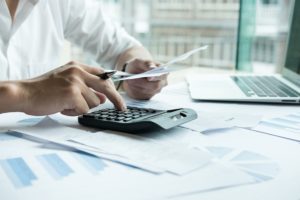Swedish igaming group backs rejection of horseracing levy

BOS has welcomed the recommendation that the government reject the proposed levy.
Sweden.- The igaming trade association Branschföreningen för Onlinespel (BOS) has welcomed the decision of Social Democrat MP Anna-Lena Sörenson to recommend the government reject calls for a levy for Swedish horseracing.
Sörenson led the government’s gambling market enquiry to evaluate whether a mandatory levy should be applied on Swedish horseracing wagers, following the systems used in the UK, France and Denmark.
The state-run racetrack operator ATG had called for a levy to be introduced to support Sweden’s racing community now that the operator had lost its racing exclusivity and was facing increased competition.
ATG Chief Executive Hasse Lord Skarplöth said that licensees should be made to contribute their fair share towards racing prizes, animal welfare and racetrack maintenance, noting that ATG made such contributions through its annual surplus of SEK 2bn.
However Sörenson has recommended the government reject the proposal. Writing an open-editorial in the business newspaper Dagens Industri, she said that ATG still had 98 per cent of the market for betting on horseracing.
Sörenson said ATG had expanded its market privileges and was able to maintain its racing concession, while expanding its product portfolio with new sportsbook and online casino offerings.
BOS secretary-general Gustaf Hoffstedt said: “I welcome this sensible conclusion from the enquiry. On a principal level, it regards whether one can own data that is open for everyone, it may be the outcome of a horse race, a presidential election or tomorrow’s weather.
“The answer to that question must be that there cannot be any ownership to such open and accessible information. The conclusion from the Gambling Market Enquiry to dismiss the idea of an ownership to such data goes in line with the BOS advocacy.”
In the UK, the British horseracing sector has called for an urgent reform to the levy charged to betting operators in order to help the industry recover from the impact of the Covid-19 pandemic.











